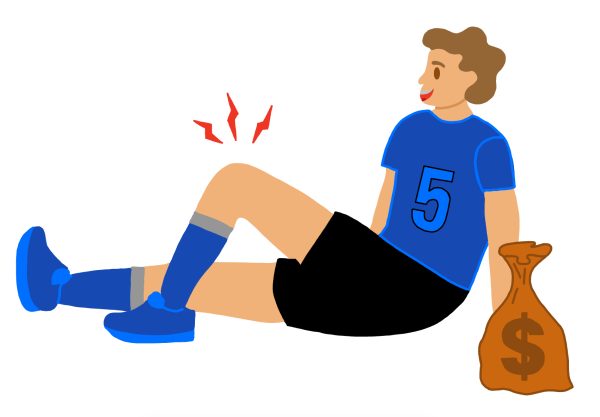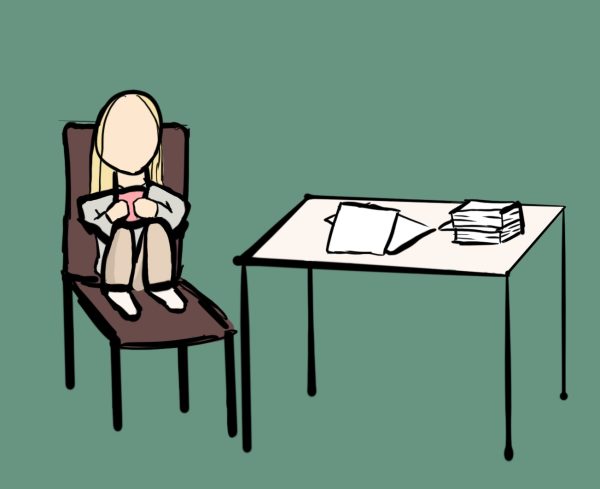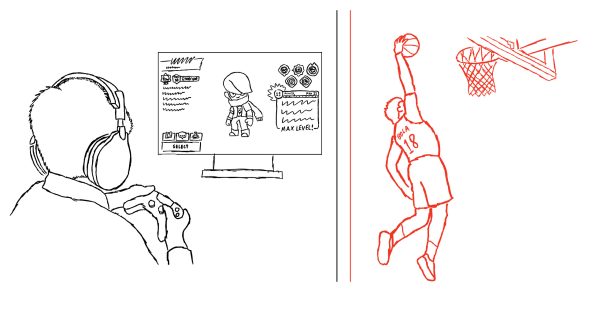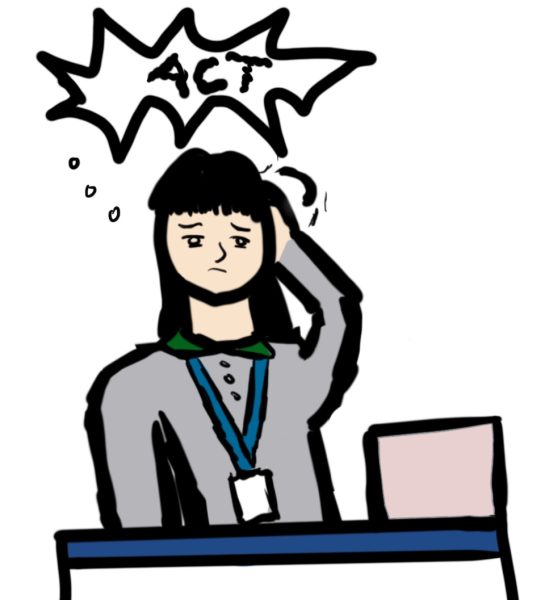Staff Editorial: Good name of news tarnished on Web
Internet allows anyone to be a ‘journalist’
Inventions don’t always do what they’re supposed to, as they often reverse the very progress they were meant to make. Journalism has had the same fate since it went online, perverting the very nature that many Sunday readers first fell in love with.
Its first regressions came with the anonymous online expert who, like his colleagues, had just enough time to quit the particle accelerator and plaster his thoughts across the web. Obviously, that explains all the typos of “official” scientific journals and news articles. Those were the days, when journalism was a respected profession, when young writers struggled up the journalistic ladder just to write for you. Before its online crusade, there were only respected individuals with high positions at the Daily Herald who were journalists. Now, every encouraged soul with a laptop can be, and there’s nothing to stop him from editing Wikipedia, and no way for us, the readers, to know who’s who.
The problem was never the coexistence of journalism and technology—for years Channel 7 kept Chicago updated on current events, and the paper was a place reserved for in-depth stories, statistics and predictions. No one could just slam down his thoughts without first thinking and then going through multiple revisions, because he had a name to represent and a reputation to uphold. The paper was right there in front of him, not floating in cyberspace with pop-up ads attacking and distracting at every click. Journalism cannot hope to compete with “Lose weight now, here’s the secret!”
It feels like journalism is permanently in reverse online. In olden times, town criers spread hearsay and nothing was accountable. Now, we’ve taken the accountable and turned it back to hearsay and unknown sources. Knowledge used to be a luxury, something experienced by those wealthy enough to buy it. Now, most of it’s completely free, more than half of it’s wrong, and there’s more than we know what to do with.
Soon, breakfast shops will be judged on the strength of their Wi-Fi over that of their coffee, and the journalist with years of experience will be overridden by a crowd-pleasing blogger. Maybe there’s a way to stop this, but if you don’t believe us, please don’t ask the internet.
Your donation will support the student journalists of Saint Viator High School. Your contribution will allow us to purchase equipment and cover our annual website hosting costs.







